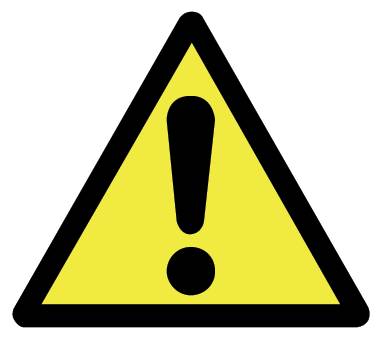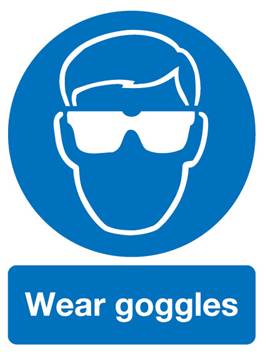Health & Safety

General SafetyGeneral Workshop Do's and Don'ts Do
Don't
Air conditioning system safety precautions The hazards When working with air conditioning systems, there are certain specific hazards, which require special precautions to be taken: Refrigerant Firstly, refrigerant evaporates rapidly when exposed to the atmosphere, causing it to freeze anything it contacts; this can cause severe frostbite and cold burns. Secondly, refrigerant forms a highly poisonous gas when exposed to an open flame; R12 forms phosgene (mustard) gas, and R134a forms hydrogen fluoride, both of which are deadly if inhaled. Additionally, refrigerant is poisonous in large quantities, and is heavier than air, which can cause hazards when working in an enclosed environment. System pressure The high side of an air conditioning system is under very high pressure, which will result in a high pressure penetrating jet of refrigerant if a leak occurs. This could cause severe injury to eyes and skin. Compressor oils The synthetic PAG oil used in R134a systems is poisonous, and extremely hygroscopic. It is easily absorbed through the skin, and will rapidly absorb moisture from the skin. Always wear non-absorbent gloves, and handle compressor oils with care. Safety clothing
|
Related Articles Related Downloads |
| Previous page | Next page |

